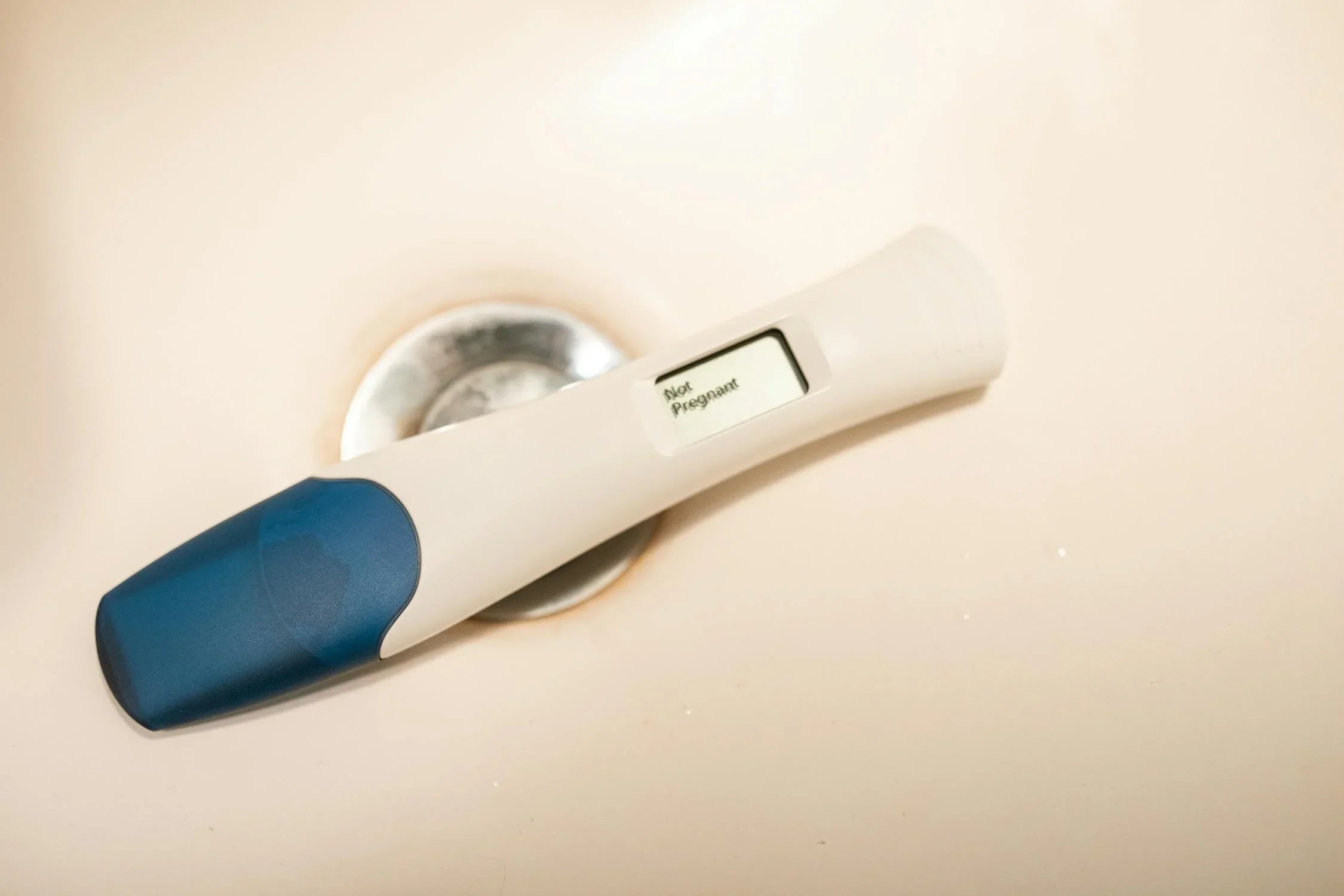Home
Pregnancy, Breastfeeding, and Pumping: The Ultimate Guide for Moms
How Long After Miscarriage Is Pregnancy Test Positive: A Comprehensive Guide

How Long After Miscarriage Is Pregnancy Test Positive: A Comprehensive Guide
Experiencing a miscarriage can be an emotionally and physically challenging time. One of the questions that often arises is, how long after miscarriage is pregnancy test positive? This article delves into the factors that influence this timeline, the science behind pregnancy tests, and what you can expect during this period.
Understanding Pregnancy Tests After Miscarriage
Pregnancy tests detect the presence of the hormone human chorionic gonadotropin (hCG) in your body. During pregnancy, hCG levels rise significantly, and this hormone is what pregnancy tests are designed to detect. After a miscarriage, hCG levels do not drop to zero immediately. Instead, they decrease gradually, which means that a pregnancy test can still show a positive result for some time after the miscarriage.
Factors Influencing How Long a Pregnancy Test Remains Positive
Several factors can influence how long after a miscarriage a pregnancy test remains positive. These include:
- Gestational Age at the Time of Miscarriage: The further along you were in your pregnancy, the higher your hCG levels were likely to be. Consequently, it may take longer for these levels to drop to a point where a pregnancy test would show a negative result.
- Individual hCG Levels: Every woman's body is different, and the rate at which hCG levels decrease can vary. Some women may find that their hCG levels drop quickly, while others may take longer.
- Type of Miscarriage: The type of miscarriage you experienced can also play a role. For example, a complete miscarriage, where all pregnancy tissue is expelled, may result in a quicker drop in hCG levels compared to an incomplete miscarriage, where some tissue remains.
The Science Behind hCG Levels After Miscarriage
After a miscarriage, the body begins to eliminate the remaining hCG. This process can take anywhere from a few days to several weeks. In most cases, hCG levels will drop significantly within a week or two, but it can take up to six weeks for levels to return to pre-pregnancy levels. Blood tests can provide a more accurate measure of hCG levels compared to urine tests, which are typically used in home pregnancy tests.
What to Expect During This Period
During the time it takes for hCG levels to decrease, you may still experience symptoms of pregnancy, such as breast tenderness or nausea. It's important to monitor your physical and emotional well-being during this period. If you experience severe pain, heavy bleeding, or other concerning symptoms, it's crucial to seek medical attention.
When to Take a Pregnancy Test After Miscarriage
If you're trying to conceive again after a miscarriage, you may be eager to take a pregnancy test. However, it's important to wait until your hCG levels have returned to zero to avoid a false positive result. Your healthcare provider can guide you on the appropriate timing based on your individual circumstances.
Emotional Recovery After Miscarriage
While the physical recovery after a miscarriage is important, emotional recovery is equally crucial. It's normal to experience a range of emotions, including sadness, anger, and guilt. Seeking support from loved ones, counseling, or support groups can be beneficial during this time.
Planning for the Future
If you're planning to try to conceive again, it's important to give your body time to recover. Your healthcare provider can offer guidance on when it's safe to try again and what steps you can take to support a healthy pregnancy.
Understanding how long after a miscarriage a pregnancy test can remain positive is an important part of the recovery process. By being informed about the factors that influence this timeline, you can better navigate this challenging period and make informed decisions about your health and future.
Share

